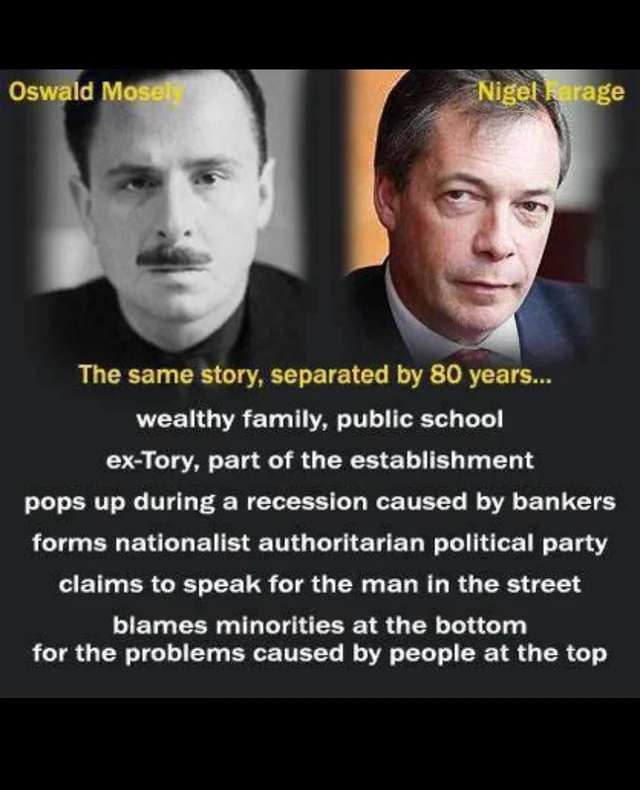Here in the UK, there has been a lot of talk of patriotism over the years, much of it associated with the far right of politics. Personally, I don’t think patriotism should be the exclusive preserve of the far right but of course that brings in the slightly awkward question that goes, “What does patriotism actually mean, anyway?” The Oxford Learner’s dictionary defines it as follows: ‘The love of one’s country and the desire to defend it. It involves a sense of attachment to a country’s culture, history, language, or political system, and is often expressed through support for its interests.’ There’s a lot going on in those two sentences and while I am not exactly an academic, I’ll try to break it down as to what it means to me.
‘The love of one’s country and the desire to defend it’ sounds straightforward enough. So, who are you wanting to defend it from? That only begins to make sense when taken with the second sentence. ‘We’ defended our country through two world war to preserve all the things mentioned but especially our freedom. Our heroic forefathers and foremothers (have I just invented that word?) stood strong against the Nazi foes from 1939 to 1945. They cherished our culture, history, language and political system – and I say it again: our freedom – and fought heroically and ultimately successfully to maintain it. Our country, they decreed, was worth fighting for and every year, the British people commemorate those who fought to preserve the things we believe in and the sacrifice many people made. That makes us proud of our country and its people; essentially patriotic. I certainly feel proud of the contribution members of my family made in the fight against fascism. Let’s do some more defining. What does ‘proud’ mean?
The Oxford dictionary defines the word proud as follows: ‘Feeling pleasure or satisfaction because you are people connected with you have done or got something good.’ That sounds very clunky to me but I get the general drift. I am very proud of my sons’ educational achievements, I am proud of our armed services, I am proud of our National Health Service, I am proud of the contributions our little island nation has given the world. I would suggest that some of these things would constitute patriotism. I don’t mind being called patriotic for being proud of our armed services, a health service free at the point of delivery or indeed for the country that gave The Beatles to the world. But does the very word patriot make me feel uneasy?
No, not really. Sure, some people interpret the word to meet something different to how I feel about it, but then the definition can be so loose that it is hard to argue that there can be only one. The far right use it in terms of maintaining our culture against those of foreigners. We don’t, goes the argument, want Johnny Foreigner to come over here and introduce their own cultures and even their own laws in defiance of the ones the country already has. You may be surprised to learn, my loyal reader, that I have little sympathy with that point of view and a ready-made solution.
With a bloodline like mine, from Sweden via Norway, with a massive dollop of Dutch on top, I am hardly a true Brit, at least in the eyes of the more extreme elements of British politics, although I feel, in my head at least, 100% British/English. I am content to live within the laws of the land and firmly believe that everyone should. So for all the reasons given, I have reason to be a patriot, at least within the terms of the vague dictionary definitions. Not everyone feels that way.
There is some kind of campaign going on in Britain to fly union flags and the flag of St George from lampposts, in people’s gardens and anywhere they can. There are a few on display in the road where we live, flown by a few senior citizens, and when driving through a nearby area, I went past a union flag and a flag of St George. Apparently, in some parts of our city and in the rest of the country more flags are appearing. I did not feel especially more patriotic when I saw the flags – I think, as I have explained, my patriotism is much more than just flying a flag – but I didn’t exactly feel upset or distressed. Only the flag-flyers can explain their motives for flag-flying, not that they need to because at least until such time we elect a far right government, led by, let’s say just for the sake of argument the Oswald Mosley tribute act Nigel Farage, people are free to fly whatever flags they like. Flying the flag doesn’t make anyone more patriotic than anyone else because patriotism means different things to different people.
Do I love my country? Take your pick from this list of definitions, although I rather like of ‘sexual passion or desire‘ for my country. But seriously though, I do love my country.’ Our culture, history, language and (admittedly flawed) political system’, pretty well all of it.
So yes, I am a patriot. Not a flag-waving, Stephen Yaxley-Lennon loving, anti-foreigner ‘patriot’ but a patriot who, it turns out, does love his country and is proud of so much about what it is and what it stands for.
Let the flags fly if that’s what people want to do. I don’t think it says anything about one’s patriotism to their country, just that they like flags more than I do. Oswald Mosley called himself a patriot when he supported Hitler before World War Two, but he was a traitor. Today’s new right is heading down a similar road and when they refer to their patriotism it’s worth learning from history. I’m not convinced we all have.

